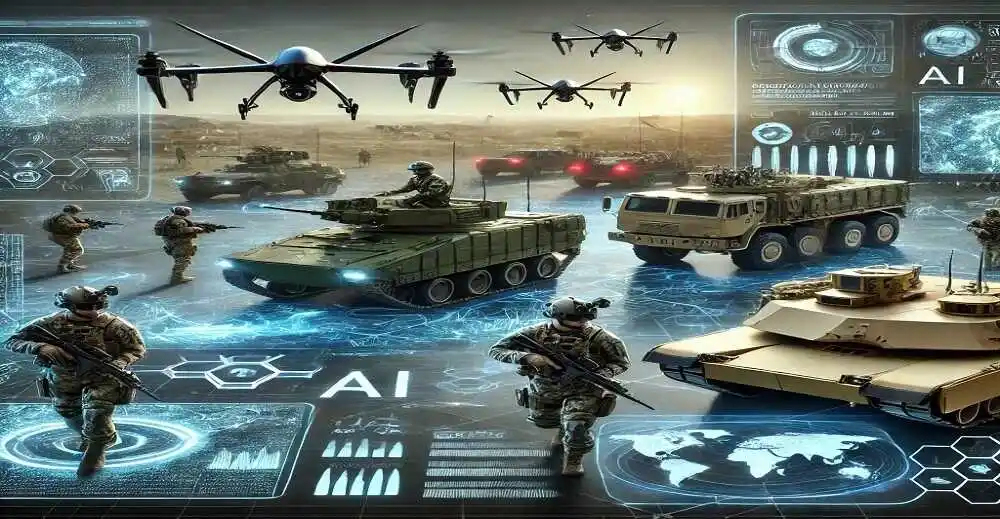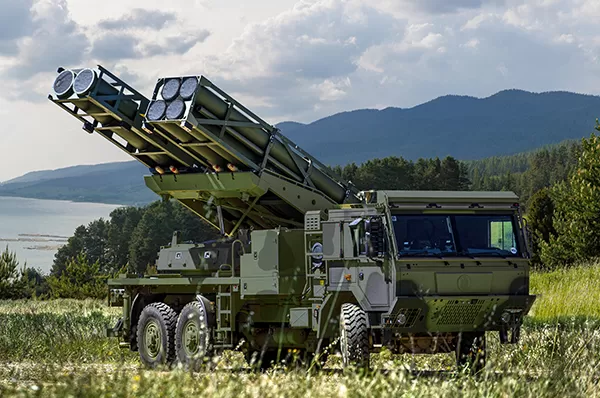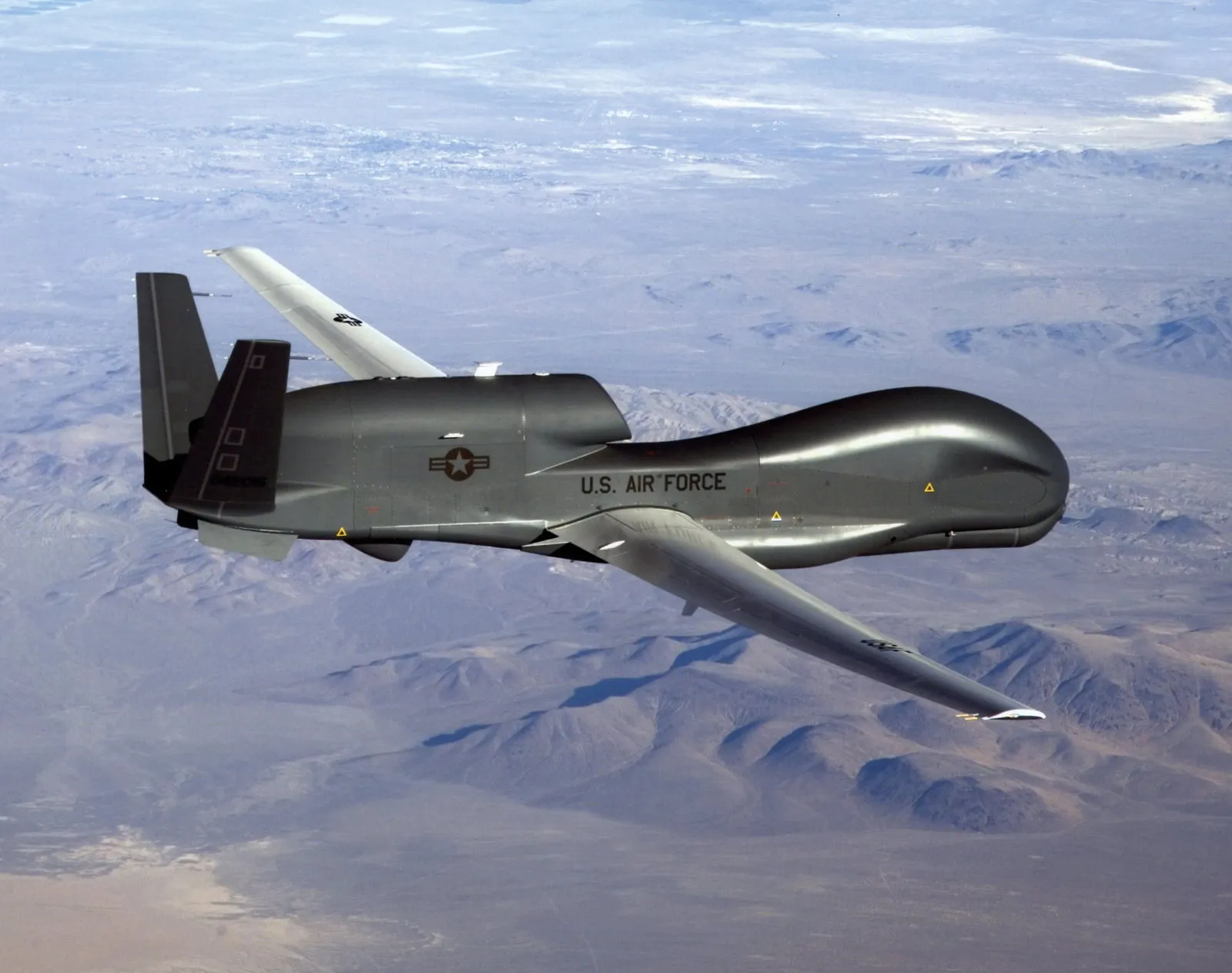The Rise of the Machines: AI in Military Applications
Imagine a battlefield where decisions are made in milliseconds, threats are identified before they materialize, and missions are executed with unparalleled precision. This isn't science fiction; it's the rapidly evolving reality of AI-powered autonomous systems in military applications. The integration of artificial intelligence into defense strategies is no longer a question of 'if,' but 'how' and 'how quickly.'
What Are AI-Powered Autonomous Systems?
At its core, an AI-powered autonomous system is a machine capable of operating and making decisions independently, without direct human control. This autonomy is achieved through advanced algorithms, machine learning, and sensor technology, allowing the system to perceive its environment, analyze data, and execute actions based on pre-programmed objectives. Think of it as a highly intelligent, self-governing robot designed for military tasks.
From Drones to Defense: Key Applications
The range of potential military applications for these systems is vast and growing. Here are some key areas where AI is already making a significant impact:
- Autonomous Vehicles: Self-driving ground vehicles and drones can be used for reconnaissance, surveillance, logistics, and even combat operations, reducing risk to human soldiers.
- Target Recognition and Tracking: AI algorithms can quickly and accurately identify targets, track their movements, and provide real-time intelligence to commanders.
- Cybersecurity: AI can detect and respond to cyberattacks faster and more effectively than traditional security measures, protecting critical military infrastructure.
- Threat Analysis and Prediction: By analyzing vast amounts of data, AI can identify patterns and predict potential threats, allowing for proactive defense strategies.
- Decision Support Systems: AI can provide commanders with real-time information and analysis, helping them make better-informed decisions in complex and rapidly changing situations.
The Promise and the Peril
The potential benefits of AI in military applications are undeniable. Increased efficiency, reduced casualties, and improved decision-making are just a few of the advantages. However, the rise of autonomous weapons systems also raises serious ethical and strategic concerns. Imagine autonomous weapons making life-or-death decisions without human intervention. Who is accountable when something goes wrong?
The Ethical Minefield
One of the most significant challenges is the ethical implications of delegating lethal force to machines. Concerns include:
- Accountability: Determining responsibility for unintended consequences or errors made by autonomous systems.
- Bias: Ensuring that AI algorithms are free from bias that could lead to discriminatory targeting.
- Escalation: The potential for autonomous systems to escalate conflicts unintentionally.
- Control: Maintaining human oversight and control over autonomous weapons systems.
The Future is Now: Navigating the AI Revolution in Defense
The development and deployment of AI-powered autonomous systems in the military is a rapidly evolving field with immense potential, but also significant risks. As technology continues to advance, it is crucial to address the ethical, legal, and strategic implications of these systems to ensure that they are used responsibly and in accordance with international law.
The conversation must continue to ensure a secure future for all.




